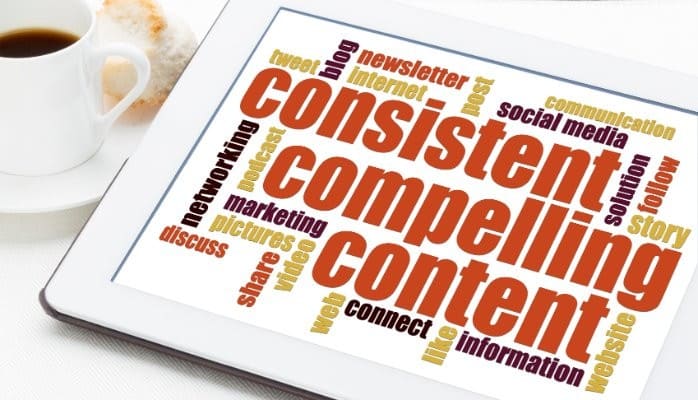Introduction
In the competitive landscape of small business, creating a buzz around your brand is essential for growth and success. Event marketing serves as a powerful tool, allowing businesses to engage with their target audience in a meaningful way. For small businesses with limited resources, the challenge lies in achieving maximum impact without breaking the bank. This article explores effective strategies for event marketing on a budget, providing small businesses with actionable insights to generate buzz and boost their visibility.
- Define Clear Objectives
Before diving into event planning, small businesses should define clear objectives. Whether it’s increasing brand awareness, driving sales, or building community engagement, having specific goals will guide the event strategy and ensure that resources are focused on what matters most.
- Leverage Digital Platforms
Harness the power of digital platforms to promote the event. Utilize social media, email marketing, and your business website to create anticipation. Develop engaging content, such as countdowns, behind-the-scenes glimpses, and sneak peeks, to generate excitement leading up to the event. Social media can be particularly impactful for spreading the word without a hefty price tag.
- Collaborate with Local Partners
Forge partnerships with local businesses, influencers, or community organizations. Collaborative efforts can help share the financial burden of the event and extend its reach to a broader audience. Consider joint promotions, shared resources, or co-hosting events to maximize impact while minimizing costs.
- DIY Decor and Branding
Invest time, not just money, in creating visually appealing event decor and branding. Small businesses can showcase their creativity by designing DIY decorations and signage. Engaging visuals not only create a memorable atmosphere but also contribute to brand recognition. Encourage employees and team members to get involved in the creative process.
- Host Low-Cost, High-Impact Activities
Craft the event program to include low-cost, high-impact activities. Interactive workshops, live demonstrations, or DIY stations can be both engaging and cost-effective. Tailor the activities to align with your brand and resonate with your target audience, ensuring a memorable experience that reflects positively on your business.
- Utilize Local Venues and Resources
Opt for affordable or free event venues within your local community. Parks, community centers, or local business spaces may offer cost-effective alternatives to pricier venues. Additionally, tap into local resources for supplies, decorations, and support. Engaging with the community not only saves money but also strengthens local connections.
- Embrace Guerrilla Marketing Tactics
Guerrilla marketing tactics are unconventional, attention-grabbing approaches that can make a big impact without a hefty budget. Consider creative street art, flash mobs, or other unconventional promotions that spark interest and conversation. Guerrilla marketing relies on creativity and ingenuity, often resonating strongly with audiences.
- Create Shareable Content
Encourage attendees to become brand ambassadors by creating shareable content. Incorporate photo booths, interactive installations, or branded backdrops that entice participants to share their experiences on social media. User-generated content extends the event’s reach organically, leveraging the power of word-of-mouth marketing.
- Offer Exclusive Promotions
Drive attendance by offering exclusive promotions or discounts during the event. Limited-time offers create a sense of urgency, motivating attendees to take advantage of special deals. This strategy not only attracts more visitors but also drives immediate sales, providing a tangible return on investment.
- Post-Event Engagement
Extend the impact of the event beyond its conclusion. Leverage post-event engagement strategies, such as sharing event highlights on social media, sending follow-up emails, or creating recap content. Keep the momentum going by showcasing attendee testimonials, photos, or success stories that emphasize the positive outcomes of the event.
Conclusion
Event marketing for small businesses doesn’t have to be an expensive endeavor. By strategically planning and executing on a budget, businesses can create a buzz that resonates with their audience, strengthens community ties, and drives meaningful results. Through a combination of digital promotion, collaboration, creativity, and strategic planning, small businesses can host impactful events that leave a lasting impression without breaking the bank. With thoughtful execution, event marketing becomes a powerful tool for small businesses to showcase their brand, engage with their community, and achieve sustainable growth.




